
By just about any measure, Rudyard Kipling is way out of sync with contemporary culture.
Born in Bombay (now Mumbai) during the first decade of the British Raj, the English novelist and poet has come to embody the colonial enterprise, though his love of India wends through many of his best known tales. Can his work still speak to a post-colonial world?
An ambitious new play by Sunnyvale-based EnActe Arts, “The Jungle Book: Rudyard Revised,” gives Kipling the opportunity to reconsider the arc of his beloved 1894 novel, which spawned Disney’s popular 1967 animated film. Created in collaboration with The Centre for Wildlife Studies, the production not only reimagines “The Jungle Book” from the perspective of the animals, it repatriates the story by telling the tale via classical Indian dance and music.
“No one teaches Kipling anymore because he got labeled a racist and colonialist,” said EnActe artistic director Vinita Sud Belani, the play’s director. “But he was a very complex person who was in love with India. It was the only place he felt at home. So we made him a character in our story, which is really from the point of view of the jungle and the tiger.”
Launched a decade ago by Belani, a veteran high-tech executive and actor, EnActe Arts is making a bold play to leap from regional to national (and international) stages with “The Jungle Book: Rudyard Revised.” After the production premieres at Palo Alto’s Sept. 30-Oct. 2, it plays two weekends at San Francisco’s Cowell Theater (Nov. 11-13 and 18-20) and San Jose’s Hammer Theatre Center (Dec. 2-4 and 9-11). The goal is to take the production on the road, eventually reaching South Asia.
Playful in repartee but serious about the ecological challenges facing India’s jungles, the script was developed over several years at the EnActe Conservatory through a collaborative process involving 14 writers spanning some three generations. Kipling makes an early appearance in the play, when he’s upbraided by the peacock Mayur who resents being left out of the original story despite his status as India’s national bird.
The story still features many of the treasured characters — the bear Baloo, the jungle-raised boy Mowgli, and Kaa the snake played by Chennai, India-based guest star Anita Ratnam — but instead of a plot driven by the tiger Shere Khan’s pursuit of Mowgli the play refocuses the narrative on humanity’s desecration of the jungle and the hunting of tigers to near-extinction.
“Everything that Kipling wrote is there,” Belani said. “He was a beautiful writer, and we did not see any reason to dissociate ourselves from his work as a human being. It’s very much Kipling’s stories, and the music is his poetry.”
In bringing Kiping’s writing to the stage, Belani assembled a powerhouse creative team, including Anil Natyaveda, a choreographer, dancer, and expert in the martial art of Kalaripayattu; and choreographer Aparna Sindhoor, a master of Bharatanatyam, the southern Indian classical dance tradition. Natyaveda and Sindhoor are co-artistic directors of the recently formed Navarasa Dance Theater in Los Angeles.
The score was created by Berkeley saxophonist George Brooks, who has spent the past three decades collaborating with the greatest figures in North and South Indian classical music. Recording the music in his studio during the pandemic “took my skills as a home producer to new levels, as well as working with lyrics, which is not something I do in my own work,” he said.
Creating themes for many of the characters, he captures the jittery energy of the monkeys and Kaa’s hypnotic hiss with soprano saxophone doubling with the Indian double reed shehnai.
“Baloo’s theme is pretty jazz with tenor sax,” Brooks said. “The play opens with ‘Introducing the Jungle,’ which has an almost Afrobeat horn section. It’s Indian folk rhythms, but when you get to that energy level it’s not that different.”
Brooks is featured in a series of high-profile events around the region in the coming weeks, including a performance with “Jungle Book” choreographer Sindhoor and her Navarasa Dance Theater featuring her new dance/theater work “The Naked Line” Oct. 8 at the Yerba Buena Gardens Festival. On Oct. 9 his quartet with raga pianist Utsav Lal performs twice, first as part of the 15th SF Music Day and later that day at the Jazz In the Neighborhood’s Paul Dresher Studio series in West Oakland. And on Oct. 16 he joins the quartet of Carnatic guitar star Prasanna at Montalvo Arts Center (they also perform as a duo Oct. 15 at the Oaktown Jazz Workshops).
Original article at: https://www.mercurynews.com/2022/09/28/jungle-book-gets-a-21st-century-reboot-in-palo-alto-by-enacte-arts/
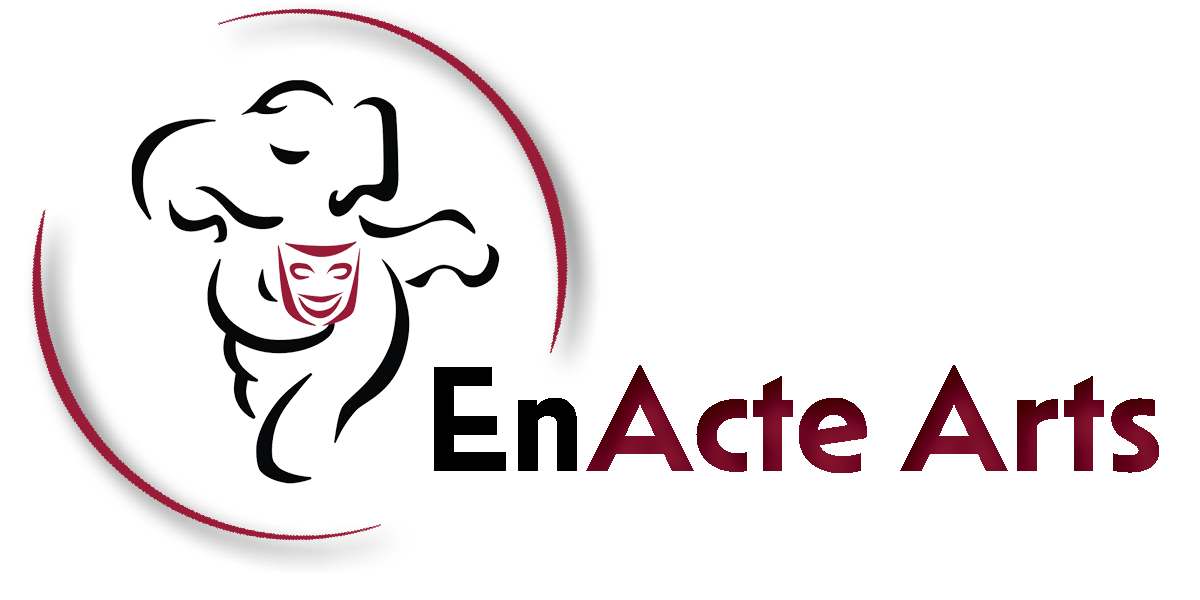
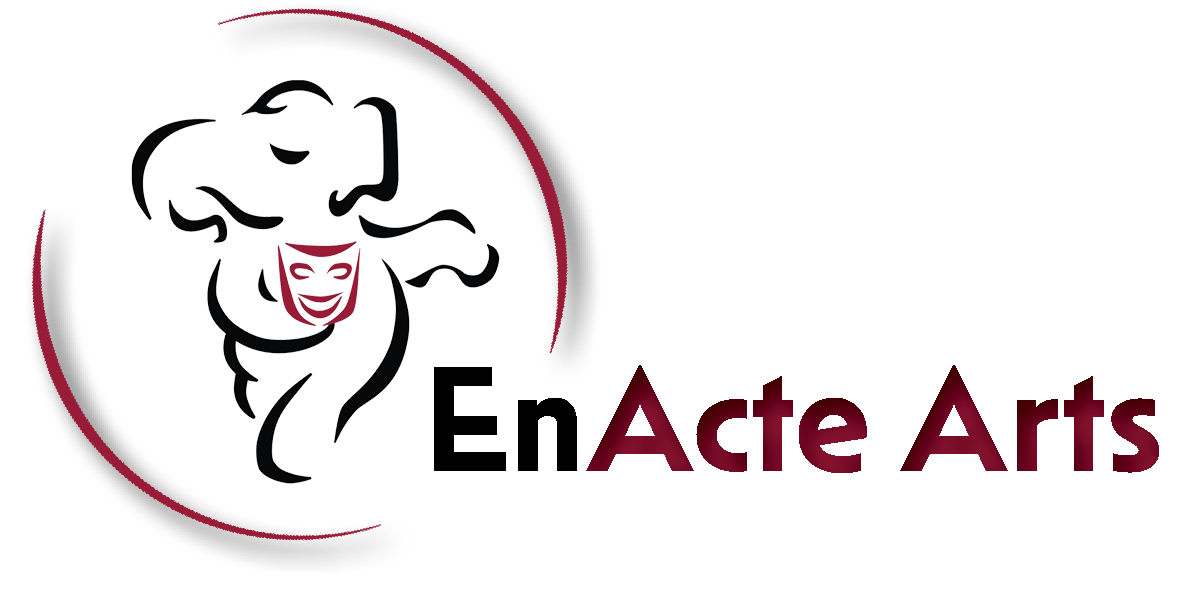
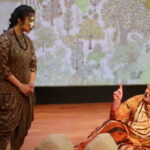
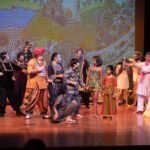
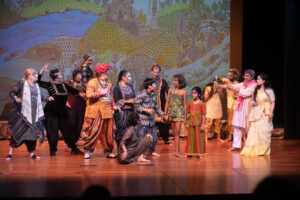
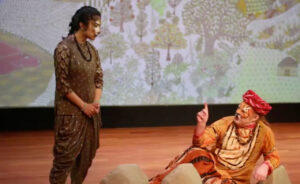

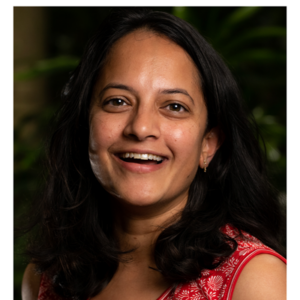
No comment yet, add your voice below!